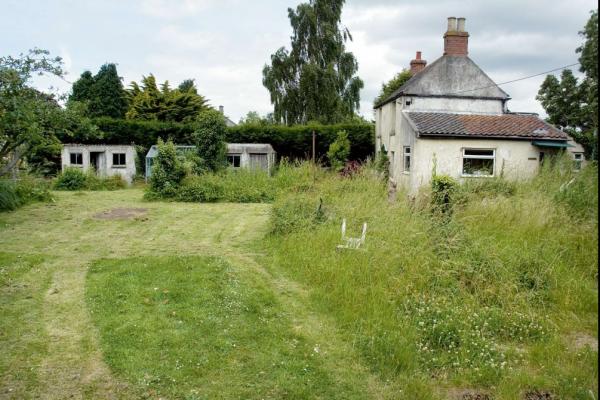Buying Land: Watch out for Traps in the Title Deeds
Title deeds to land can often contain traps that only a professional conveyancer is trained to spot. In one case which proved the point, development restrictions which dated back more than 50 years almost defeated a woman’s plans to build a new house in the garden of her £1.7 million home.
The woman had obtained planning consent for the development but faced objections from both her next door neighbours on the housing estate. They pointed to restrictive covenants contained within a 1962 conveyance which required that the land concerned should only be used as a garden extension to a single dwelling.
The woman applied to the Upper Tribunal (UT) to either modify or discharge the covenants. In rejecting the latter course, the UT dismissed arguments that the covenants were obsolete. Although the character of the estate had changed since it was built, and development density increased, the original objective of the covenants was to maintain it as an exclusive, high class, residential area.
However, in agreeing to modify the covenants in such a way as to enable implementation of the planning consent, the UT found that construction of the new house would be in keeping with the existing character of the estate and a reasonable use of the land. The covenants were of modest practical benefit to only one of the woman’s neighbours, to whom she was directed to pay £2,500 compensation before the modification would be made.
